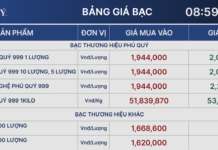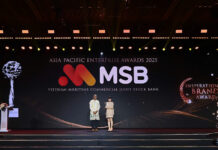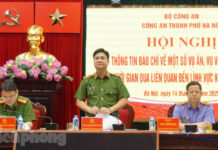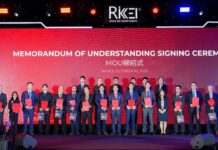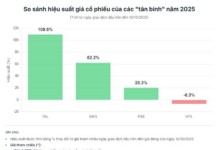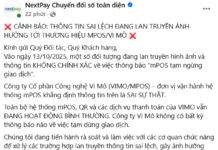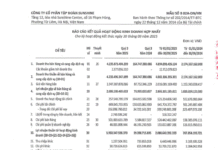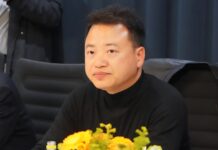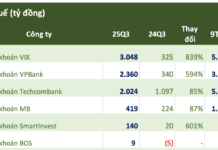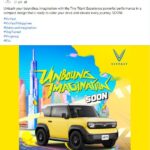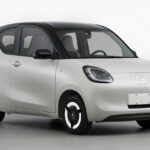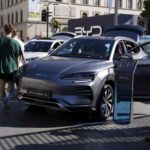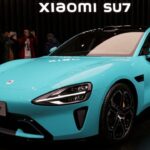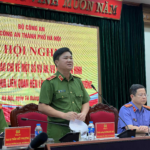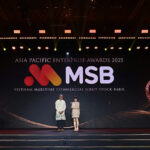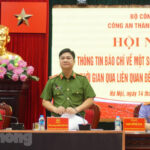For the first time in its 87-year history, the renowned German automaker Volkswagen is planning to shut down its factories in Germany. The company is facing challenges not only at home but also in its largest market, China, where it has witnessed a decline in sales by over a quarter within three years, amounting to 1.34 million vehicles in the first half of 2024. Last year, Volkswagen lost its title as China’s best-selling automotive brand to BYD, a position it had held since at least 2000.
Volkswagen is not alone in this struggle. As highlighted by CNN, the “golden era” of foreign car manufacturers in China over the past decades is coming to an end as domestic electric vehicle (EV) makers disrupt the world’s largest automotive market.
Well-known automotive brands such as Volkswagen, Ford, and General Motors (GM) are experiencing significant market share erosion in China. According to the China Passenger Car Association, the market share of foreign automakers in China dropped from 53% to 33% in July. This decline not only impacts sales but also severely affects the profitability of these foreign automakers. In the second quarter of this year, Toyota’s income from its Chinese joint ventures decreased by 73% compared to the previous year.
Ms. Ivy Yang, the founder of Wavelet Strategic Research Center, commented, “The Chinese perception of automotive brands has evolved. The foreign names are gradually being replaced by domestic EV manufacturers. Part of this shift is due to national pride, as local brands now offer quality products at competitive prices. Additionally, these domestic brands have excelled at understanding the needs of their discerning customers and tailoring their designs specifically for the Chinese market.”
Mr. Heronlim, an economist at Moody’s Analytics, added, “The Chinese government has provided substantial subsidies for consumers purchasing domestic EVs, and the price war among EV makers has dealt a significant blow to many foreign manufacturers.”
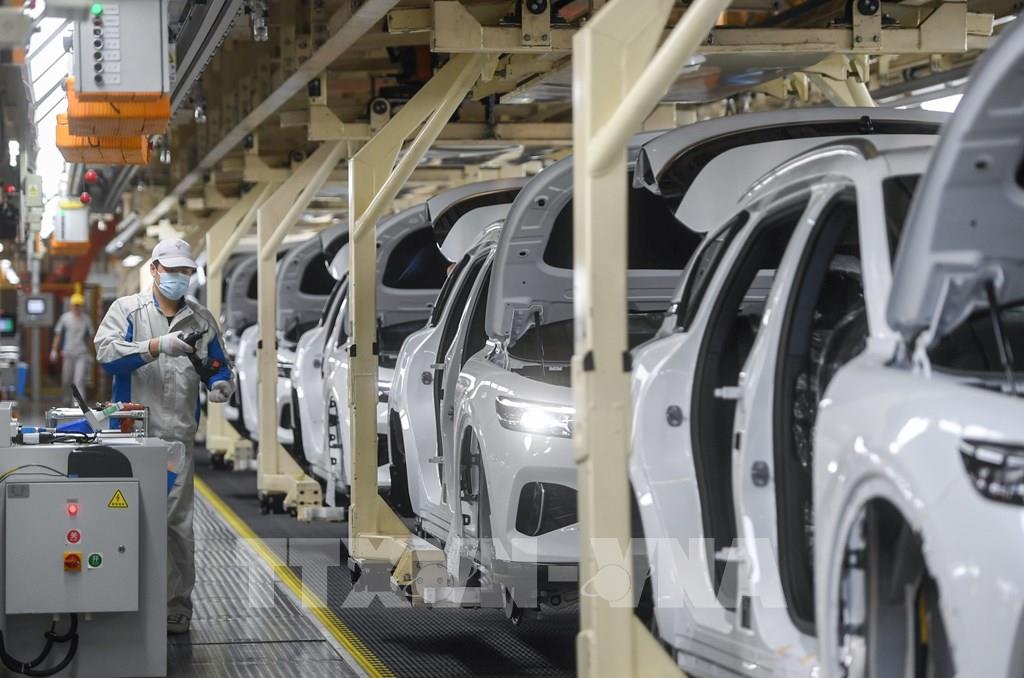
The end of a “golden era” for foreign carmakers in China. Illustrative image.
Many global automakers are forced to restructure or cease their operations in China. Mitsubishi Motors of Japan has halted production at its Chinese joint venture after years of declining sales, while Honda, Hyundai, and Ford have closed plants or laid off workers to cut costs.
This significant shift comes after nearly two decades of continuous growth in sales and profits in China, starting in the 2000s when foreign automakers first entered the market. The turning point came with Tesla’s arrival in late 2019, which marked a pivotal moment in the industry.
“Tesla played a role in shaping consumer perception about electric vehicles, making them the new trend. Additionally, they established an EV supply chain in China, encompassing batteries, electronics, and the necessary electric motor systems. This enabled China to build a competitive advantage in the EV supply chain,” explained Mr. Heronlim, the economist from Moody’s Analytics.
Some experts believe that automotive executives’ inability to visit China during the COVID-19 lockdown period may have contributed to their late realization that they were falling behind in the EV race.
The Billionaire’s Mini Electric Cars Zoom Overseas: A Month After Domestic Delivery, Vinfast’s Vehicles Venture Abroad.
The VinFast VF 3 is set to make its debut in the vibrant Southeast Asian market, marking a significant step for the brand. This dynamic region, with its diverse cultures and thriving automotive industry, presents an exciting opportunity for VinFast to showcase its innovative electric vehicle technology and connect with a new generation of drivers. With a focus on delivering an exceptional driving experience, the VF 3 is poised to captivate audiences and make a lasting impression in this thriving automotive hub.
The Cheapest Electric Car in Vietnam Gets an Upgrade: A Complete Exterior Makeover with an Estimated Price of 110 Million VND
The Wuling Hongguang Mini EV’s exterior in its upgraded form evokes a sense of familiarity, reminiscent of the Wuling Bingo. This compact electric vehicle captures the essence of its predecessor with a sleek and modern twist, appealing to those seeking a blend of style and sustainability on the roads.

